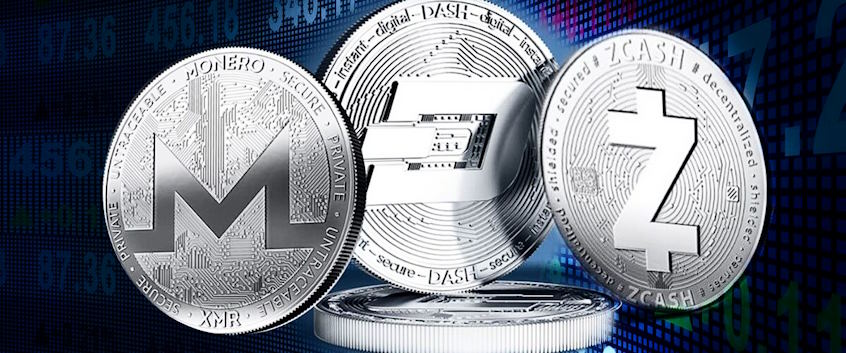In an era of increased digital surveillance and privacy concerns, privacy coins have emerged to protect financial transactions and preserve anonymity. Unlike traditional cryptocurrencies, privacy coins focus on enhancing privacy and obfuscating transaction details, offering individuals a higher level of financial confidentiality. In this article, we will explore the role of privacy coins in the age of surveillance, their features that promote privacy, and the potential implications for individuals seeking to maintain financial privacy.
Understanding Privacy Coins
Privacy Features
Privacy coins employ various techniques to enhance privacy, such as ring signatures, stealth addresses, and zero-knowledge proofs. These features aim to obfuscate transaction details, making it difficult to trace the flow of funds and associate transactions with specific individuals.
Anonymity vs. Transparency
Privacy coins balance providing anonymity for individuals and maintaining transparency to prevent illegal activities. While privacy coins protect transaction privacy, they aim to comply with anti-money laundering (AML) and know-your-customer (KYC) regulations.
Blockchain Privacy
Privacy coins utilize different blockchain architectures to achieve privacy. Some coins, like Monero, use an obfuscated blockchain that hides transaction details, while others, like Zcash, employ zero-knowledge proofs to verify transactions without revealing sensitive information.

Preserving Financial Privacy
Protection Against Surveillance
Privacy coins provide individuals with a means to protect their financial transactions from surveillance by government entities, corporations, or malicious actors. By obfuscating transaction details, privacy coins reduce the ability to track and monitor financial activities.
Individual Autonomy
Privacy coins empower individuals to have greater control over their financial information and maintain autonomy over their financial decisions. With privacy coins, individuals can choose when and how to disclose their financial activities, reducing the risk of unwanted scrutiny.
Enhanced Security
Privacy coins offer enhanced security by making transactions more difficult to trace or link to personal identities. It reduces the risk of identity theft, financial fraud, and targeted attacks on individuals based on their financial history.
Challenges and Considerations
Regulatory Concerns
The privacy features of privacy coins have raised concerns among regulators who argue that they may facilitate illicit activities, including money laundering and tax evasion. Regulatory scrutiny and potential restrictions on privacy coins could impact their adoption and usage.
User Education and Responsibility
Privacy coins require users to correctly understand and implement the necessary privacy-enhancing features. Users must take responsibility for managing their privacy keys, using secure wallets, and following best practices to avoid unintentional exposure of their financial activities.
Balance Between Privacy and Compliance
Privacy coins face balancing privacy and compliance with regulatory frameworks. Stricter regulations may require privacy coin projects to adopt measures to ensure compliance with AML and KYC standards without compromising user privacy.






